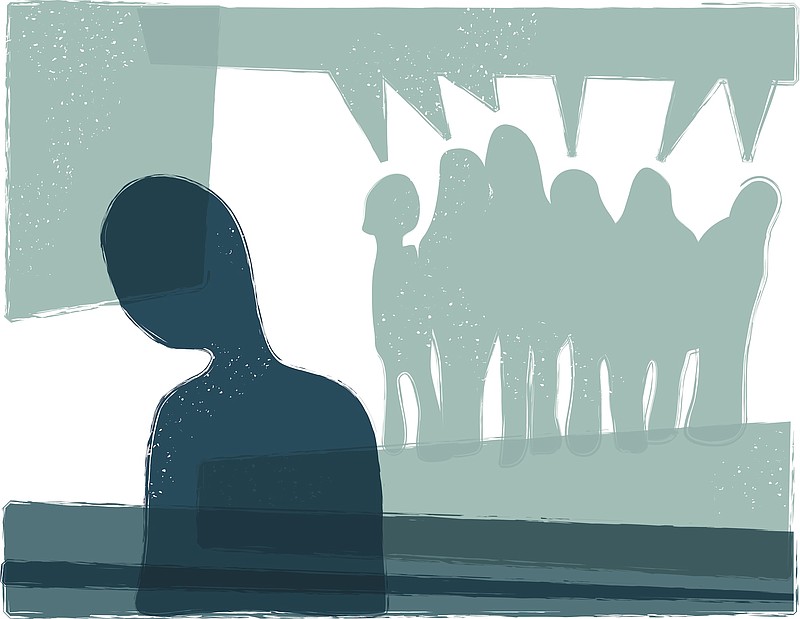A crucial moment in the development of modern left-wing culture arrived in 2013 when Ta-Nehisi Coates, reading books about the ravages and aftermath of World War II by historians Tony Judt and Timothy Snyder, realized that he didn't believe in God.
"I don't believe the arc of the universe bends towards justice," Coates wrote for The Atlantic then. "I don't even believe in an arc. I believe in chaos ... I don't know that it all ends badly. But I think it probably does."
It's fair to describe the author of "The Case for Reparations" and "Between the World and Me" as the defining pundit-intellectual of the late Obama era, the writer whose work on race and American life set the tone for progressivism's trajectory throughout the Trump years and into the great "racial reckoning" of 2020 (by which time Coates had made an enviable escape to fiction).
And in his crisis of faith, his refusal of optimism, you see the question that has hung over left-wing culture throughout a period in which its influence over many American institutions has markedly increased: Does it make any sense for a left-winger to be happy?
The left-wing temperament is, by nature, unhappier than the moderate and conservative alternatives. The refusal of contentment is essential to radical politics; the desire to take the givens of the world and make something better out of them is always going to be linked to less relaxed gratitude than to more of a discontented itch.
But the 20th century left had two very different anchors in a fundamental optimism: the Christianity of the American social gospel tradition, which influenced New Deal liberalism and infused the civil rights movement, and the Marxist conviction that the iron logic of historical development would eventually bring about a secular utopia — trust the science (of socialism)!
What's notable about the left in the 2020s is that neither anchor is there anymore. The secularization of left-wing politics has made the kind of Christian-inflected cosmic optimism seem increasingly irrelevant or cringe-worthy. Meanwhile, the revival of Marxism and socialism has not been accompanied by any obvious recovery of faith in a Marxist science of history.
It should be no surprise that amid the recent trend toward increasing youth unhappiness, the left-right happiness gap is wider than before — that whatever is making young people unhappier (be it smartphones, climate change, secularism or populism), the effect is magnified the further left you go.
The smartphone theory of increasing youth unhappiness has been especially in the news this past week, thanks to Jonathan Haidt's new book, "The Anxious Generation: How the Great Rewiring of Childhood Is Causing an Epidemic of Mental Illness." And it's been striking how certain critiques of Haidt's theory from the left seem to object to the idea that youth unhappiness could be anything but rational and natural.
Take the prominent review for Nature by a child development scholar, Candice L. Odgers, which cited U.S. "access to guns, exposure to violence, structural discrimination and racism, sexism and sexual abuse, the opioid epidemic, economic hardship and social isolation" as plausible causal alternatives to Haidt's social media diagnosis.
The tone of the review suggested that kids really ought to be a bit depressed. Wouldn't you be, growing up amid "school shootings and increasing unrest because of racial and sexual discrimination and violence"? And for an answer to this unhappiness, with neither Providence nor scientific socialism available, Odgers turned to the therapeutic process, lamenting the dearth of school psychologists to help kids process "their symptoms and mental health struggles."
This seems like where a good portion of the American left finds itself today: comforted by neither God nor history, and hoping vaguely that therapy can take their place.
